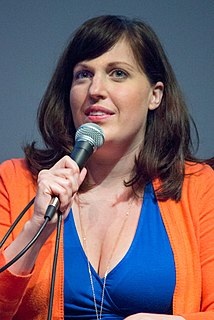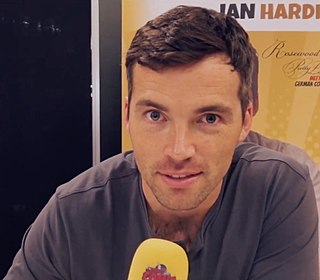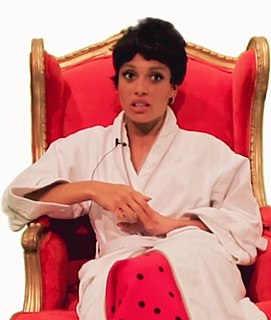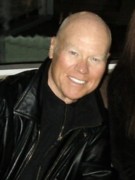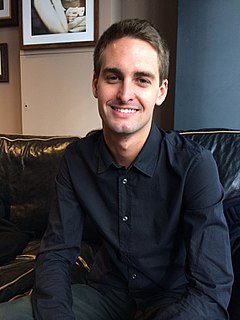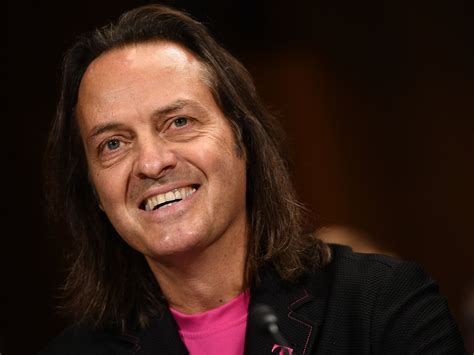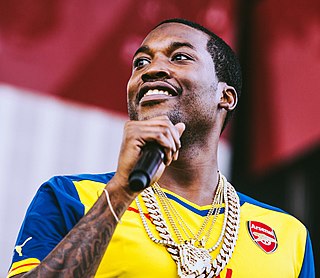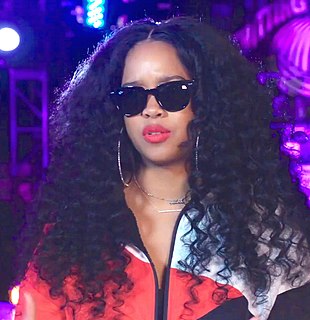A Quote by Shiva Ayyadurai
Social media is like a big trade-show. You get to network... you get to make friends and followers. But email is where those friends and followers become customers.
Related Quotes
I started getting Twitter followers after I started doing press for 'Fargo.' One of my best friends from college is a librarian, and she started tracking after each interview how many Twitter followers I got. She and her librarian friends were like, 'We're going to make a graph.' And I was like, 'Alright, nerds.'
Now, the term 'friend' is a little loose. People mock the 'friending' on social media, and say, 'Gosh, no one could have 300 friends!' Well, there are all kinds of friends. Those kinds of 'friends,' and work friends, and childhood friends, and dear friends, and neighborhood friends, and we-walk-our-dogs-at-the-same-time friends, etc.
Not many of us will be leaders; and even those who are leaders must also be followers much of the time. This is the crucial role. Followers judge leaders. Only if the leaders pass that test do they have any impact. The potential followers, if their judgment is poor, have judged themselves. If the leader takes his or her followers to the goal, to great achievements, it is because the followers were capable of that kind of response.
Often, in a given project team or network, one sees leadership roles shifting among various members at various times. Attempts to fit these into traditional views of "leader" and "follower" don't quite work. It's more like Twitter: the "leader" has "followers" - but the "followers" are empowered to alter the relationship unilaterally, and the "leader" must continually earn the consent of the "followers."

